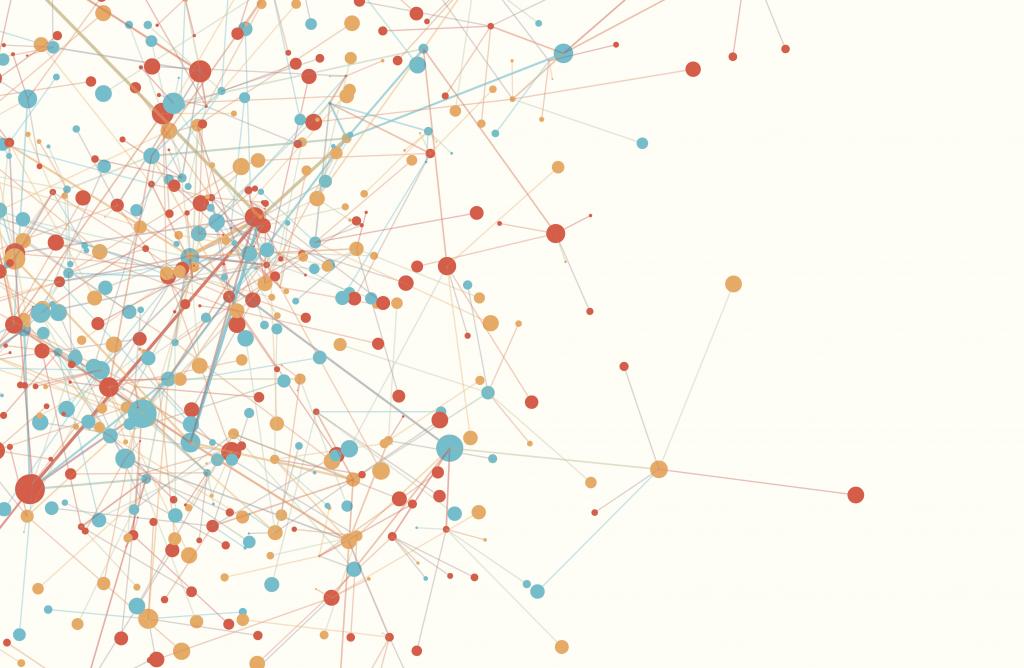On 27 February Francesco Giumelli, Assistant Professor of Political Science at the University of Groningen, Netherlands, and Visiting Professor at the Institute, delivered a lecture, “The Redistributive Impact of Restrictive Measures on EU Members: Winners and Losers from Imposing Sanctions on Russia”, as part of the Institute’s International Relations and Political Science Colloquium Series. The seminar was about Professor Giumelli’s latest article, published in the Journal of Common Market Studies.
Professor Giumelli began with some reflections on the literature on international sanctions. What he aimed to do was to show how we, the scholars and students of international relations and political science, make sense of sanctions. Generally speaking, sanctions are mainly conceptualised as a bad notion which solely creates many political and economic burdens on either targeted or sender states. However, the framing question of his article is, “Are sanctions always bad?”, and it underlies his specific question, “How much did the sanctions on Russia affect EU member states?” His pivotal argument is based on the fact that some member states win, some member states lose as a result of those sanctions.
He argues that the literature on sanctions is three-pronged, focusing on (1) the cost on targets, (2) the cost to senders; and (3) the cost as determinants of sanctions. Instead, what needs to be investigated is whether sanctions reduce exports, whether they do so for all member states, and whether every sector is affected. Using the illustrative case of “EU-Russia trilogy” as a plausibility probe, he focused on three rounds of EU sanctions on Russia, which have all been imposed since the eruption of the Ukrainian conflict (December 2013) and the Declaration of Independence of the Republic of Crimea (March 2014). Drawing on the EU-Russian exports between 2013 and 2015, he shows that sanctions affect unevenly EU member states, with a heavy export drop cost to Italy, Germany, Poland, France, and the Netherlands. Yet, all member states are affected badly.
So, how can we discern between who wins and who loses from the sanctions on Russia? According to general and weighted ranking which is the substraction of wins from losses , Germany, Italy and Finland are the countries which were most exposed to contraction in their economies in the aftermath of sanctions. On the contrary, Greece, Sweden and Luxembourg have been the main beneficiaries. As for the rest of the member states, they heap together around similar export values. In brief, Professor Giumelli claims that sanctions are not negative for all and have furthermore a redistributive impact. Of course, there are some potential explanations for the diverging impact, such as trade dependence on the targeted country. Another rationale for being on the losing side is related with the export market share reduction in Russia; on the other hand, the winning side benefits from growing market share somewhere else – export to Russia decreases, export to world (other countries) increases. Additionally, Professor Giumelli asserts that sanctions simply delay trade; they do not affect its structure.
As is the standard practice of the Department of International Relations/Political Science (IR/PS), the lecture was followed by a discussion led by Andre Alves Dos Reis, PhD Candidate in IR/PS. The discussion gave way to several questions which open up further lines of inquiry: What about the issue of measurement before and after the sanctions? Why can some countries such as Germany, one of the big member states in the EU, naturally bear some costs whereas others such as Hungary do interestingly bear much more costs compared to the lower sizes of their economies? How does the inclusion of the financial sector contribute to the robustness of the work? Would different levels of temporal analysis – month by month or quarter by quarter – bring out different results? What kinds of roles do middlemen play in countries where illicit trade is prevalent? How are the exports of countries that do not apply sanctions to Russia – such as Switzerland – affected?
* * * * *
Full citation of the article:
Giumelli, Francesco. “The Redistributive Impact of Restrictive Measures on EU Members: Winners and Losers from Imposing Sanctions on Russia.” JCMS: Journal of Common Market Studies 55, no. 5 (2017): 1062–80. doi:10.1111/jcms.12548.
By Buğra Güngör, PhD candidate in International Relations and Political Science.


